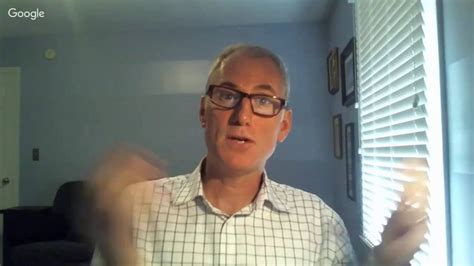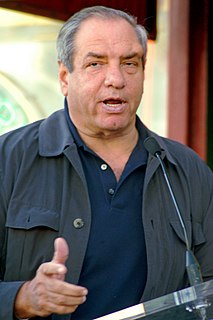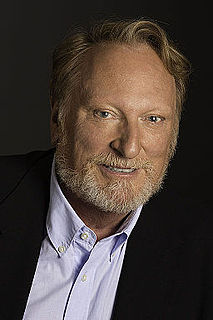A Quote by Dave Morris
Interactive storytelling emphasizes a personal connection with the characters. It is a powerful tool that can draw you so deeply into the world of a story that you lose sight of it as a story. You think you are there - at least, if it is done right.
Related Quotes
I see this with experienced writers, too: They worry so much about the plot that they lose sight of the characters. They lose sight of why they are telling the story. They don't let the characters actually speak. Characters will start to dictate the story in sometimes surprising, emotional, and funny ways. If the writers are not open to those surprises, they're going to strangle the life, spark, or spirit out of their work.
The story is a machine for empathy. In contrast to logic or reason, a story is about emotion that gets staged over a sequence of dramatic moments, so you empathize with the characters without really thinking about it too much. It is a really powerful tool for imagining yourself in other people's situations.
You have to do three things really well to make a successful film. You have to tell a compelling story that has a story that is unpredictable, that keeps people on the edge of their seat where they can't wait to see what happens next. You then populate that story with really memorable and appealing characters. And then, you put that story and those characters in a believable world, not realistic but believable for the story that you're telling.
Writers shouldn't fall in love with their characters so much that they lose sight of what they're trying to accomplish. The idea is to write a whole story, a whole book. A writer has to be able to look at that story and see whether or not a character works, whether or not a character needs further definition.
I think the reason the stories are briskly paced, when they are, is that I like story. I like stories where things happen and there are surprises and reversals, in addition to vivid characters and a memorable voice. So those are the kinds of stories I try to write. And it turns out that's pretty much the only kind of writing that works for TV. It's a medium that just devours story, demands surprises and reversals. So my sensibility is suited to TV storytelling, at least as we think of it today.
I have always said the success of the show has stemmed from our audience being able to relate to the characters on different levels - being based on the universally loved Arthurian legend is only a tiny part of its success - it's a story about acceptance and growing up. The breathtaking finale of this series leaves you with no doubt that characters have been on their journeys and had their stories told - it's completely the right time to draw our telling of the story to a close.



































